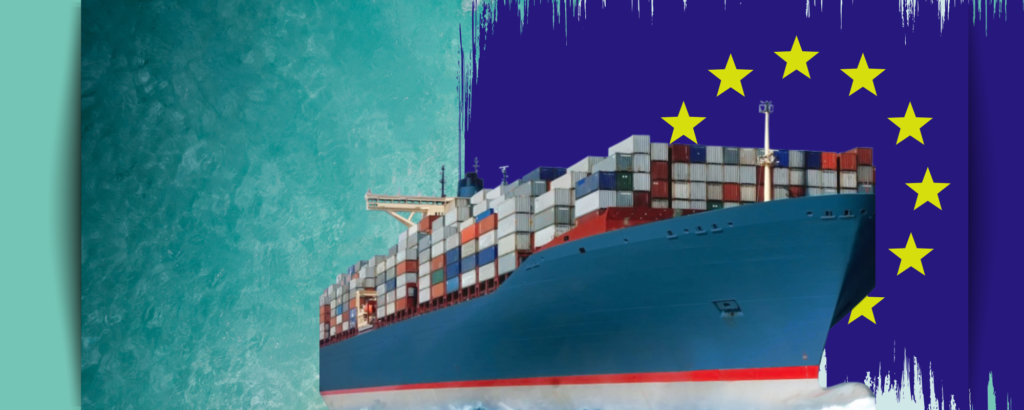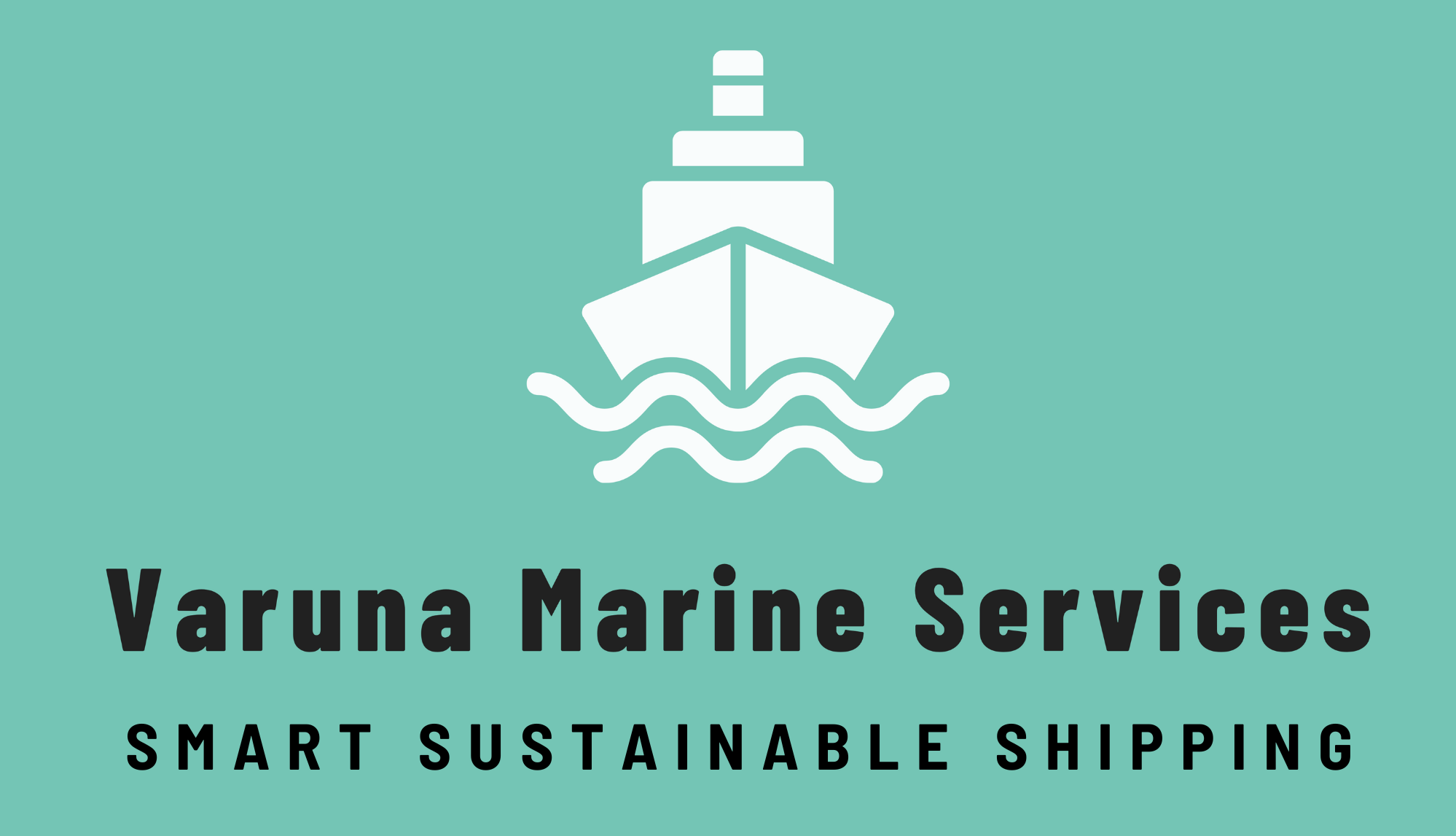
Introduction: A Significant Signal from Brussels
The European Commission, backed by 26 out of 27 Member States, has proposed suspending the ISCC EU certification scheme for waste-based biofuels originating outside the EU. This move follows the accumulation of evidence indicating fraudulent activity in certain biofuel supply chains and the lack of sufficient oversight under ISCC’s purview. If enacted, the suspension would remain in effect for 2.5 years, compelling companies to transition to alternative certification under another Commission-recognized Voluntary Scheme (VS).
Although still subject to formal adoption, the proposal carries both practical and symbolic weight, potentially reshaping how the EU enforces sustainability criteria in its biofuels sector.
Regulatory Context: Addressing Oversight Lapses
ISCC publicly confirmed fraud allegations involving non-EU waste-based feedstocks under its certification, an issue long suspected by industry stakeholders. Fraudulent practices—ranging from false feedstock origin claims to double counting—have been a recurrent topic of concern within the broader biofuel certification landscape.
Under the Renewable Energy Directive (RED II)—Directive (EU) 2018/2001—Member States rely on Voluntary Schemes such as ISCC, REDcert, and others to verify compliance with sustainability and traceability rules. These schemes operate under formal recognition from the Commission, carrying out independent audits and ensuring supply chain transparency.
In response, the Commission is drafting an Implementing Regulation to formally suspend ISCC for non-EU waste-based biofuels, pending expert review and a formal vote in relevant committees. A transition period is anticipated to allow affected companies time to secure alternative certification.
Notably, gaseous fuels are not explicitly covered by the draft proposal, although certain stakeholders seek clarification on this point. At present, the scope of suspension focuses on waste-based biofuels certified under ISCC EU.
Redistribution Without Reform: Will the Suspension Reduce Fraud?
While the Commission positions this suspension as corrective action, there is widespread skepticism about whether it will meaningfully curtail fraud. Fraudulent schemes are not confined to ISCC; they are a systemic issue stemming from the complex and opaque nature of global feedstock markets.
Thus, the most likely outcome is redistribution of certification demand to other recognised VS, such as REDcert, 2BSvs, or RSB—all of which operate under similar guidelines set by RED II. Unless these schemes enact fundamental reforms—such as enhanced audits, real-time traceability, and stronger enforcement—fraudulent actors can simply migrate to a different certification logo.
Additionally, variations in methodologies for calculating greenhouse gas (GHG) emissions at the Point of Supply (POS) among different schemes complicate compliance and harmonisation across jurisdictions.
Market Implications: Fragmentation, Delays, and Price Reactions
If implemented, the suspension could trigger several market disruptions in the short to medium term:
1. Fragmentation between Member States
Despite EU-level legal frameworks, each Member State retains discretion over whether to accept ISCC certifications. This could fragment the regulatory environment, creating a patchwork of ISCC-accepting versus ISCC-rejecting countries. Such fragmentation would complicate cross-border trade and compliance, raising administrative burdens for market participants.
2. Certification Bottlenecks
Companies suddenly needing new certification would likely flood other VS with applications, overstraining audit capacities. Longer processing times may lead to delays and market disruptions.
3. Re-evaluation of Off-take Agreements
Off-take agreements contingent on ISCC-certified waste feedstocks might require legal and operational revisions. Buyers could face contractual uncertainties, prompting risk assessments and potential renegotiations.
4. Price Volatility
Anticipated supply chain disruptions—particularly for high-demand feedstocks like Used Cooking Oil Methyl Ester (UCOME)—could result in price spikes, hedging activities, and shifted procurement strategies.
5. Short-term Supply Constraints
Certain volumes may become temporarily ineligible under RED II if they lack valid certification during the transition, reducing available compliant volumes and tightening the market in the near term.
Beyond ISCC: Strengthening the System, Not Just Shuffling the Deck
This episode exposes a deeper structural vulnerability in Europe’s reliance on Voluntary Schemes for sustainability certification. While these schemes have generally provided a baseline for compliance, they remain dependent on local auditing standards, supply chain transparency, and the honesty of market participants.
Several potential systemic solutions include:
1. Digital Traceability Tools: Blockchain or AI-powered tracking of feedstock logistics could enhance real-time verification and deter falsification.
2. Stronger EU-Level Oversight of Certification Bodies: Centralizing the audit function under an EU authority would enable uniform standards and consistent enforcement across all recognized schemes.
3. Harmonized Public Registries: Linking feedstock origin, certification data, and transaction records could improve transparency and help authorities identify suspicious patterns in real time.
Without these broader reforms, merely shifting certification from ISCC to another label offers a cosmetic fix, leaving the system vulnerable to repeated lapses.
Conclusion: A Necessary Move or a Missed Opportunity?
The Commission’s proposed suspension of ISCC certifications for non-EU waste-based biofuels sends an unambiguous warning to industry actors and certification bodies alike. Yet its long-term effectiveness in combating fraud remains uncertain.
By diverting certification activity to other VS operating under similar frameworks, the EU may inadvertently perpetuate the same oversight weaknesses. For market participants, preparation is key—whether that means securing alternate certifications or reassessing supply chains and contractual obligations. For policymakers, this juncture should prompt a re-evaluation of the entire voluntary certification system.
Ultimately, technological innovation, integrated data management, and robust enforcement are crucial to safeguard the integrity of the EU’s sustainability objectives. Without systemic improvements, the current measure may prove more symbolic than transformational.



